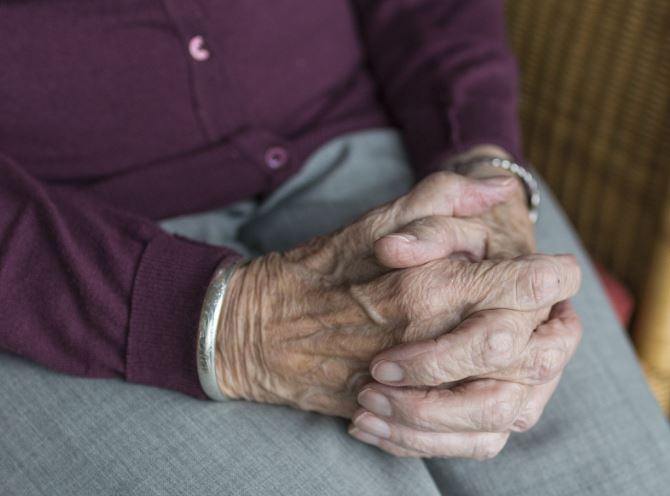Seniors can get meals safely in Michigan during COVID-19 outbreak; State wants to increase public awareness of meals program
FOR IMMEDIATE RELEASE: April 3, 2020
CONTACT: Bob Wheaton, wheatonb@michigan.gov
LANSING, Mich. – Michigan recently received additional federal dollars to help provide meals to older adults as the state responds to the COVID-19 pandemic, and wants to make seniors aware of food delivery programs.
These programs – available to Michigan residents over age 60 – provide meals through home delivery and pick up services during the current pandemic.
The need for these services – particularly home-delivered and packaged meals – has increased as community measures to slow transmission of COVID-19 have closed meal sites and left many family caregivers unable to assist older loved ones.
“COVID-19 is a threat to Michiganders, particularly older adults who are most vulnerable to complications related to the virus,” said Dr. Alexis Travis, senior deputy director of the Aging & Adult Services Agency at the Michigan Department of Health and Human Services (MDHHS). “Nutrition services are a lifeline for the nearly 100,000 older adults we serve through these programs. We are pleased to have additional resources to ensure more older adults in need here in Michigan have access to meals during this time.”
Seniors who need extra support at this time can now sign up for assistance, including meal delivery, delivery of non-perishable food items, and daily wellness-check calls, through the MDHHS coronavirus website.
The Families First Coronavirus Response Act, signed into law on March 18, provides the additional funding for the nutrition services programs authorized by the Older Americans Act of 1965.
Michigan received just over $7.5 million to fund meals for older adults. This includes more than $5 million for home-delivered meals and more than $2.5 million for congregate meals.
In addition to meals, Older Americans Act programs provide a wide range of services, such as help with bathing and dressing, rides to doctors’ offices, education on managing chronic illnesses, support for family caregivers, and much more. Provided by a network of community-based organizations, such as Area Agencies on Aging, local community and senior centers, faith-based organizations, and other non-profit service providers, these programs work together to help millions of older adults each year stay healthy and continue to live independently.
Funding has been provided to states, territories, and tribes for subsequent allocation to local Area Agencies on Aging, which fund meal providers. Grant amounts are determined by population-based formulas defined in the Older Americans Act.
Older adults who need assistance can request help through the MDHHS coronavirus website or contact their local area agency on aging.
For more information about COVID-19, please visit Michigan.gov/coronavirus. For more information about the Older Americans Act nutrition programs, please contact your local area agency on aging.
Information around this outbreak is changing rapidly. The latest information is available at Michigan.gov/Coronavirus and CDC.gov/Coronavirus.

